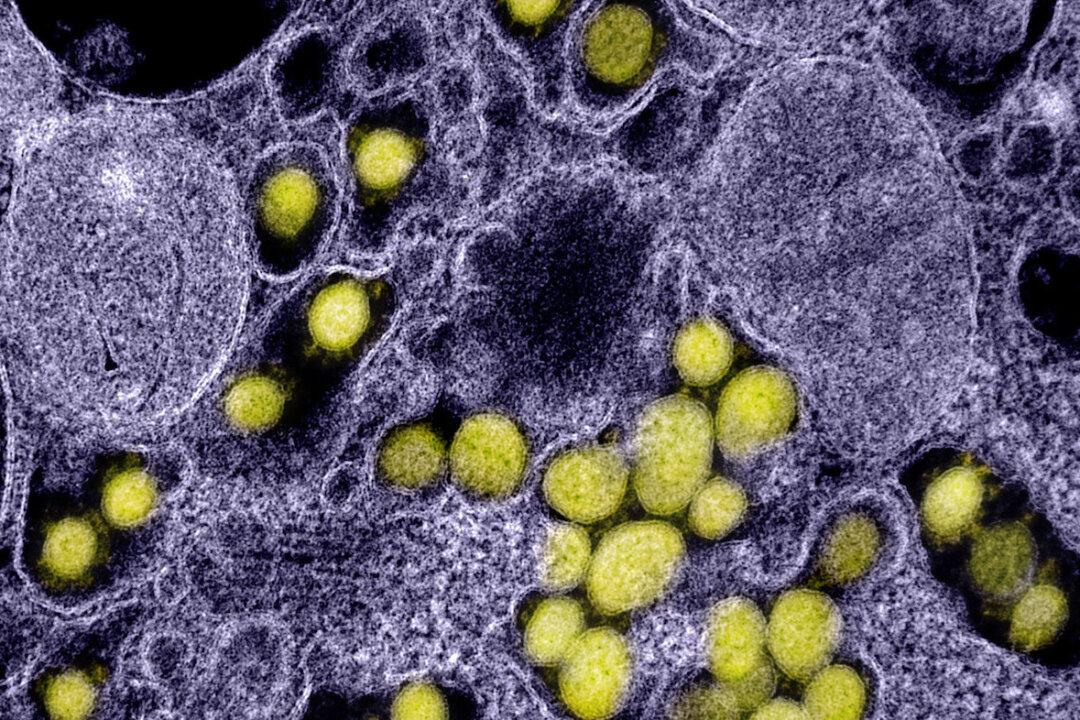A drug that was approved by U.S. regulators more than 70 years ago may help protect against two major COVID-19 symptoms, according to a new study.
Disulfiram, approved to treat alcoholism, protected rodents infected with COVID-19 from lung injury in the preclinical study done by researchers at Weill Cornell Medicine and Cold Spring Harbor Laboratory.






